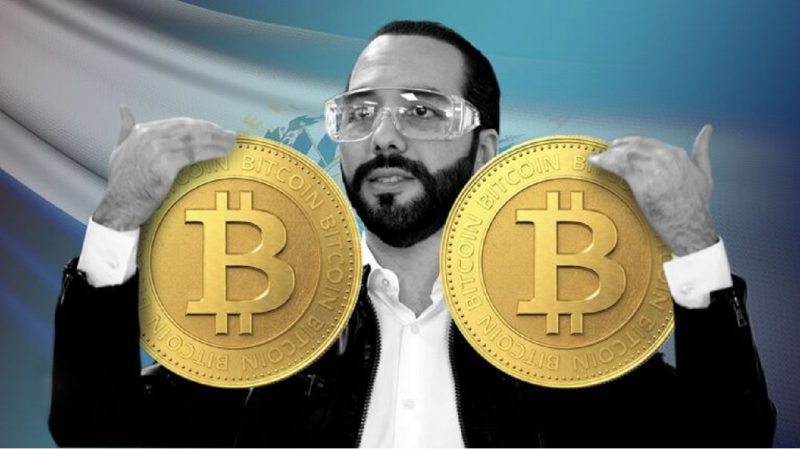El Salvador made history on the 7th of September, 2021, when it made Bitcoin (BTC) a legal tender. The idea behind the move was to “bank the bankless.” A large portion of El Salvador’s population does not have bank accounts. The Bitcoin experiment was an attempt to solve this problem.
Popular Bitcoin analyst Willy Woo recently tweeted some numbers highlighting how El Salvador’s BTC adoption nearly matched its banking adoption. As per the data, of the total El Salvadoran population, 40% had downloaded the Chivo wallet (the state-sponsored wallet for Bitcoin transactions).
However, by May 2022, only 20% continue to use it. This number is close to the 25% of the population that has a bank account. A majority of the people stopped using the Chivo wallet after receiving the $30 incentive. Moreover, many complained that the wallet was not very easy to use.
Now, the number of people who still use the Chivo wallet might be nearly at par with the number of people with bank accounts, but that was not the point of the project. A large portion of the population is still without a bank account. Woo further cites data from Statista to show that only 36% of adults in El Salvador have bank accounts.
Now, although the Chivo wallet has granted more people access to store their savings, the value of their stored money, however, is decreasing. Bitcoin has fallen by nearly 60% this year. In September of 2021, when El Salvador began their experiment, BTC was worth around $52k. Moreover, the currency touched its all-time high of $69k just two months later.
Was the Bitcoin experiment a failure?
In an interview with CoinDesk, Frank Muci from the London School of Economics, said that El Salvador’s BTC adoption has been “largely underwhelming.” Muci also highlights that President Nayib Bukele is largely down on his Bitcoin purchases, by around 50% or so. The country’s relationship with the IMF has also been affected due to the BTC experiment.
Muci noted that President Bukele doesn’t talk about Bitcoin much to the citizens, but rather tweets about it in English, to an English-speaking crowd. However, the local population has almost forgotten about Bitcoin. A majority of people still continue to use cash. Nonetheless, Muci admits that Bukele’s popularity has not been hindered much.
In its first year, El Salvador’s BTC experiment does not look all too great. However, things might as well change in the future. We are still in the nascent years of crypto, and there is still a long way to go before we see the social and larger economic results of cryptocurrencies.
At press time, BTC was trading at $19,186.45, down by 5.7% in the last seven days.





